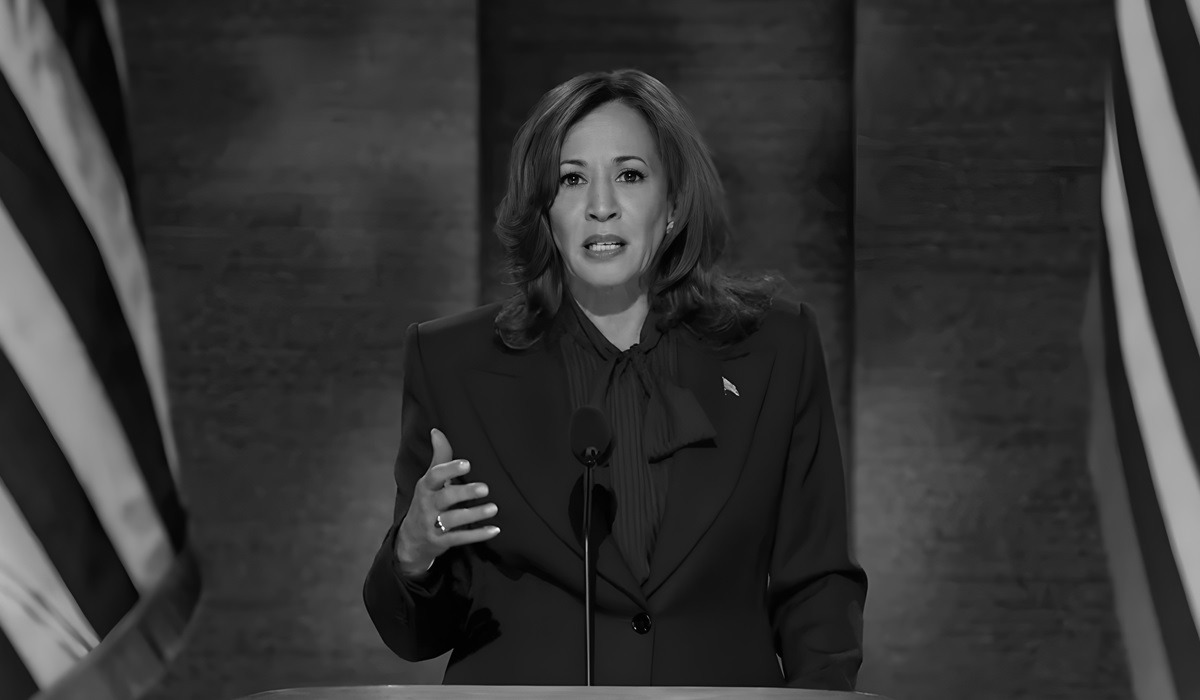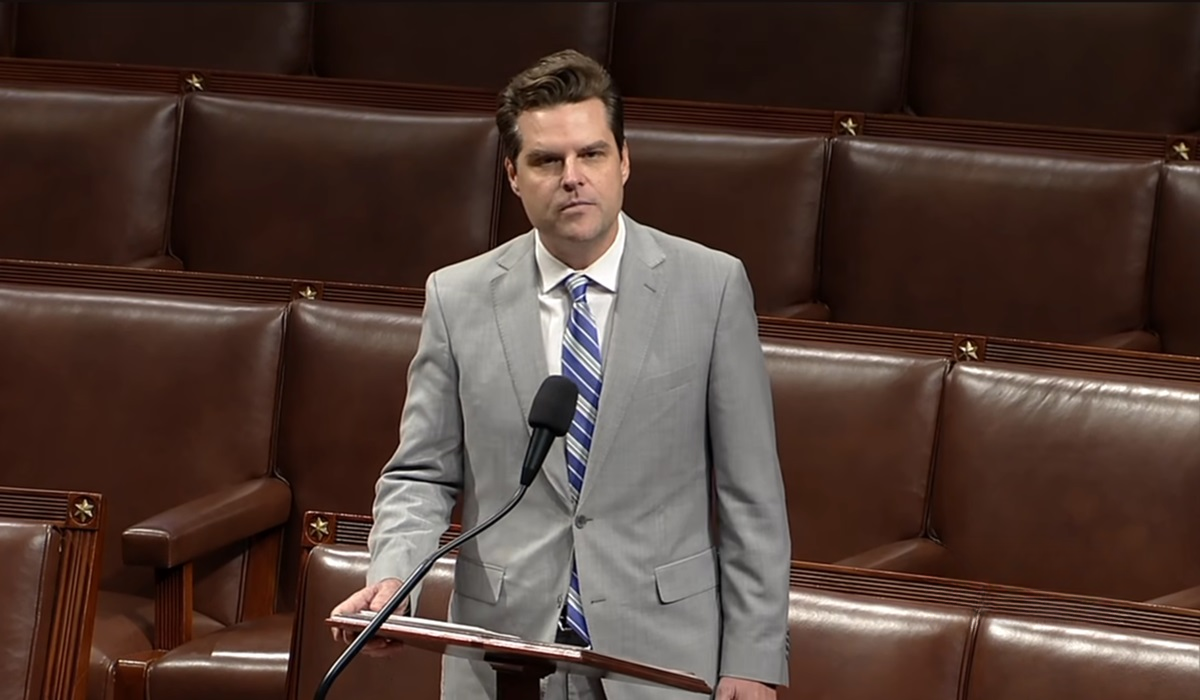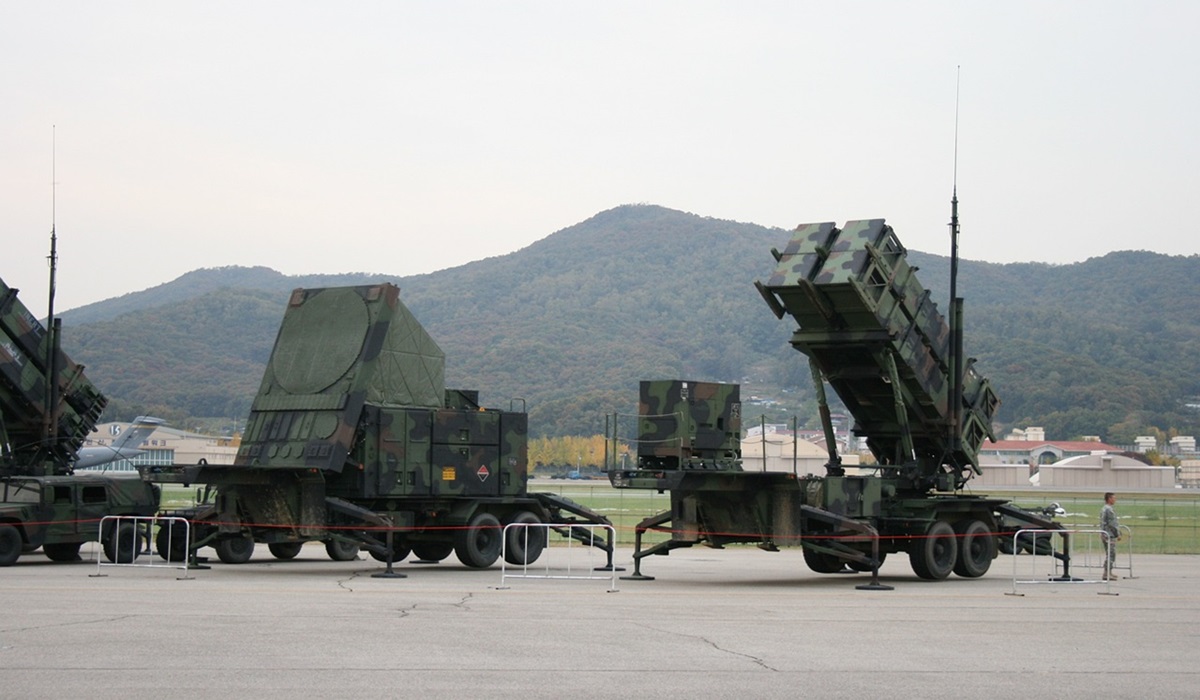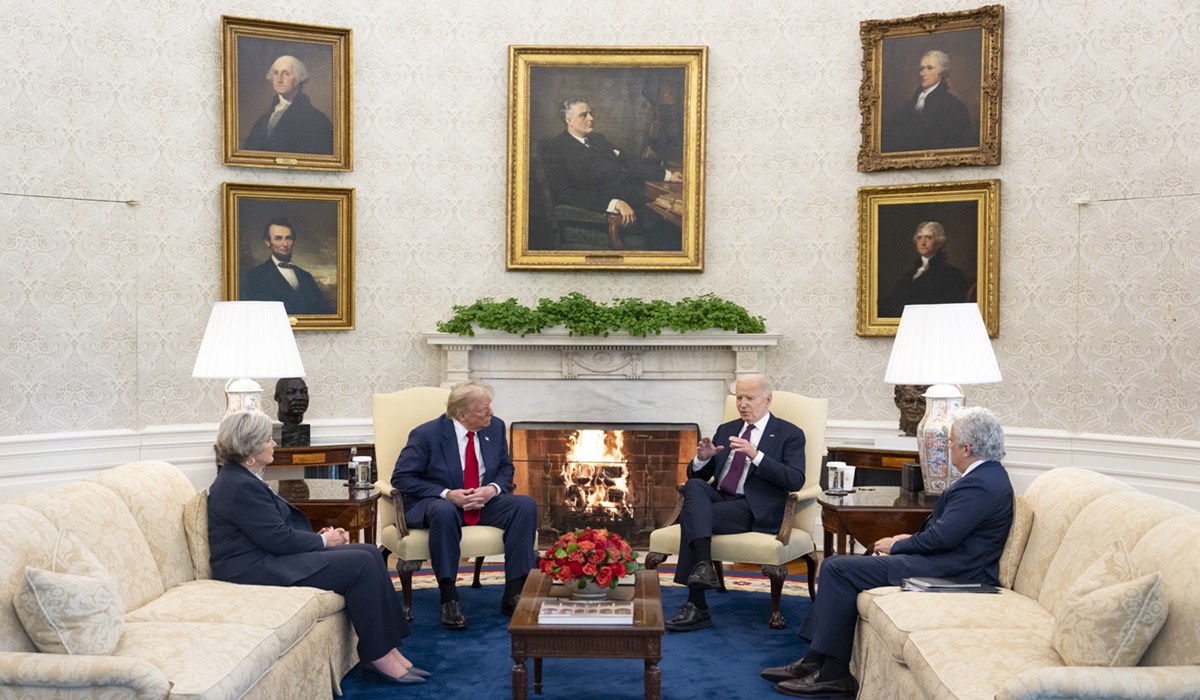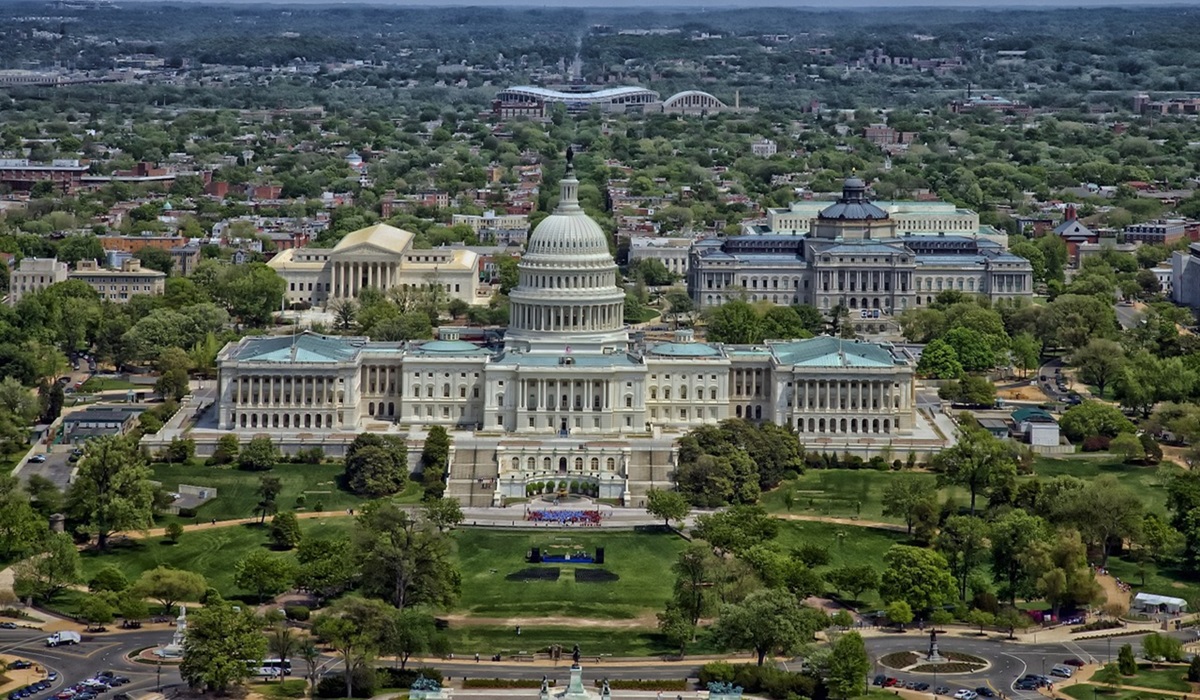The much-anticipated sit-down with CNN’s Dana Bash featuring Vice President Kamala Harris and her running mate, Minnesota Governor Tim Walz, left viewers and pundits alike underwhelmed. For months, Harris has faced criticism from Republicans, led by former President Donald Trump, who have accused her of dodging tough interviews and coasting toward the general election without facing direct and hard-hitting questions from the media. This interview was an opportunity for Harris to dispel those accusations and provide detailed policy plans that could address voters’ concerns. Unfortunately, it was an opportunity that seemed to have been missed.
Throughout the interview, Harris and Walz delivered what many observers saw as a collection of greatest hits: talking points that have become all too familiar to the electorate. They spoke of fixing infrastructure, lowering taxes, and making housing more affordable—promises that, while important, lacked the depth and specificity that many were hoping to hear at this stage in the campaign. When it came to the ongoing conflict in Israel and Gaza, Harris reiterated her administration’s stance that Israel has the right to defend itself. However, she also acknowledged the high number of Palestinian casualties, a response that critics say did little to navigate the complex and sensitive nature of the issue.
Trump has loomed large as the proverbial boogeyman in the Harris campaign, with the Vice President frequently framing her candidacy as a bulwark against a potential return to the Trump era. But as the interview unfolded, it became clear that what voters—and the media—were seeking was not another indictment of Trump but rather substantive, detailed policy plans that could offer a vision for the future. In this regard, the interview fell short.
Harris appeared to be playing it safe, avoiding any statements that could lead to major damage control. While she continues to lead in the polls, there is an elephant in the room that could undermine her campaign: her stance on Israel and the administration’s role in the Gaza conflict. In Michigan, a crucial battleground state, there is a significant Muslim, Arab, and Palestinian community that is deeply dissatisfied with Harris’s position. This discontent could lead to a loss of crucial votes in Michigan, a state that could prove pivotal in the general election. A loss in Michigan could be monumental, potentially handing Trump the presidency if he can secure a victory there.
As the interview concluded, it was clear that the Harris-Walz ticket had missed an important opportunity to connect with voters on a deeper level. While many Americans are looking for their leaders to tell the truth and handle tough questions with maturity and transparency, this interview may have left them feeling as though they were treated to more of the same—generalities rather than substance. And in a race as tight as this, such missed opportunities could prove costly.

